As the world continues to prioritize sustainability and seek innovative solutions to mitigate the environmental impact of transportation, the development of super fast charging technology has emerged as a transformative force within the electric vehicle (EV) industry. Super fast charging, characterized by its ability to rapidly replenish the battery capacity of electric vehicles, represents a promising advancement that holds the key to accelerating the widespread adoption of electric mobility. With its potential to revolutionize the charging experience and redefine the landscape of sustainable transportation, the implications of super fast charging extend far beyond convenience, influencing various aspects of our daily lives and shaping the future of the global mobility ecosystem. In this comprehensive exploration, we delve into the future potential and implications of super fast charging for electric vehicles, uncovering the transformative power of this cutting-edge technology and its profound impact on the trajectory of sustainable transportation.
The Evolution of Super Fast Charging Technology

The evolution of super fast charging technology marks a significant milestone in the progression of electric vehicle infrastructure and charging capabilities. Initially, electric vehicle charging relied on conventional charging methods, such as Level 1 and Level 2 chargers, which provided moderate charging speeds suitable for overnight charging at home or during extended parking periods. However, the demand for more efficient and time-effective charging solutions led to the development of DC fast charging technology, enabling faster charging rates and enhancing the feasibility of long-distance travel for electric vehicle owners. Building upon the advancements of DC fast charging, the emergence of super fast charging technology has revolutionized the electric vehicle charging landscape by delivering unprecedented charging speeds and significantly reducing the time required to recharge electric vehicle batteries to full capacity.
Enhancing the Viability of Long-Distance Travel
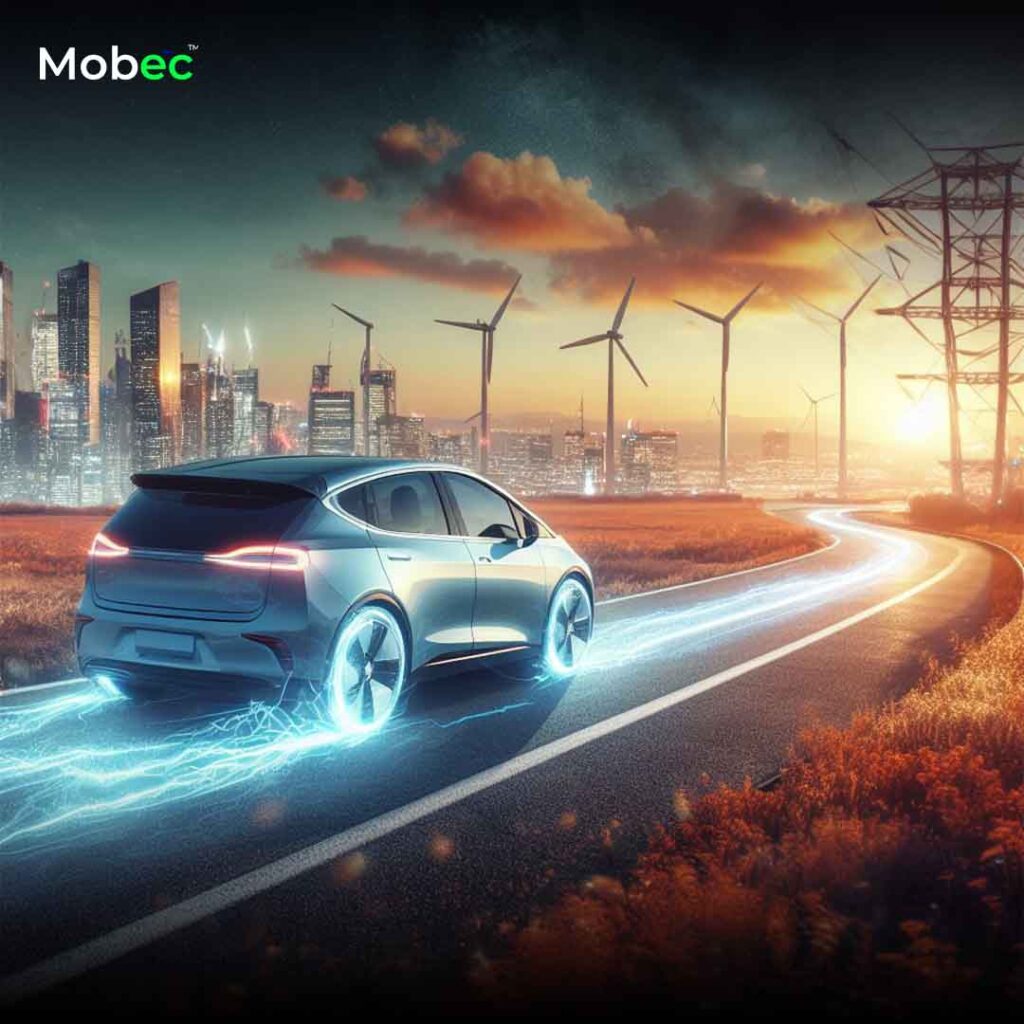
Super fast charging technology has played a pivotal role in enhancing the viability of long-distance travel for electric vehicles, alleviating the concerns associated with range anxiety and enabling seamless travel experiences across extended routes. With the ability to rapidly charge electric vehicle batteries to high capacities in a fraction of the time required by conventional charging methods, super fast charging stations have transformed the feasibility of embarking on cross-country road trips and extensive travel itineraries without the limitations imposed by prolonged charging stops. The integration of super fast charging infrastructure along major highways, intercity routes, and popular travel corridors has empowered electric vehicle owners to embrace the freedom of long-distance travel, ushering in a new era of sustainable mobility that transcends geographical boundaries and promotes the widespread adoption of electric vehicles as a viable alternative to traditional gasoline-powered vehicles.
Accelerating the Transition to Sustainable Transportation
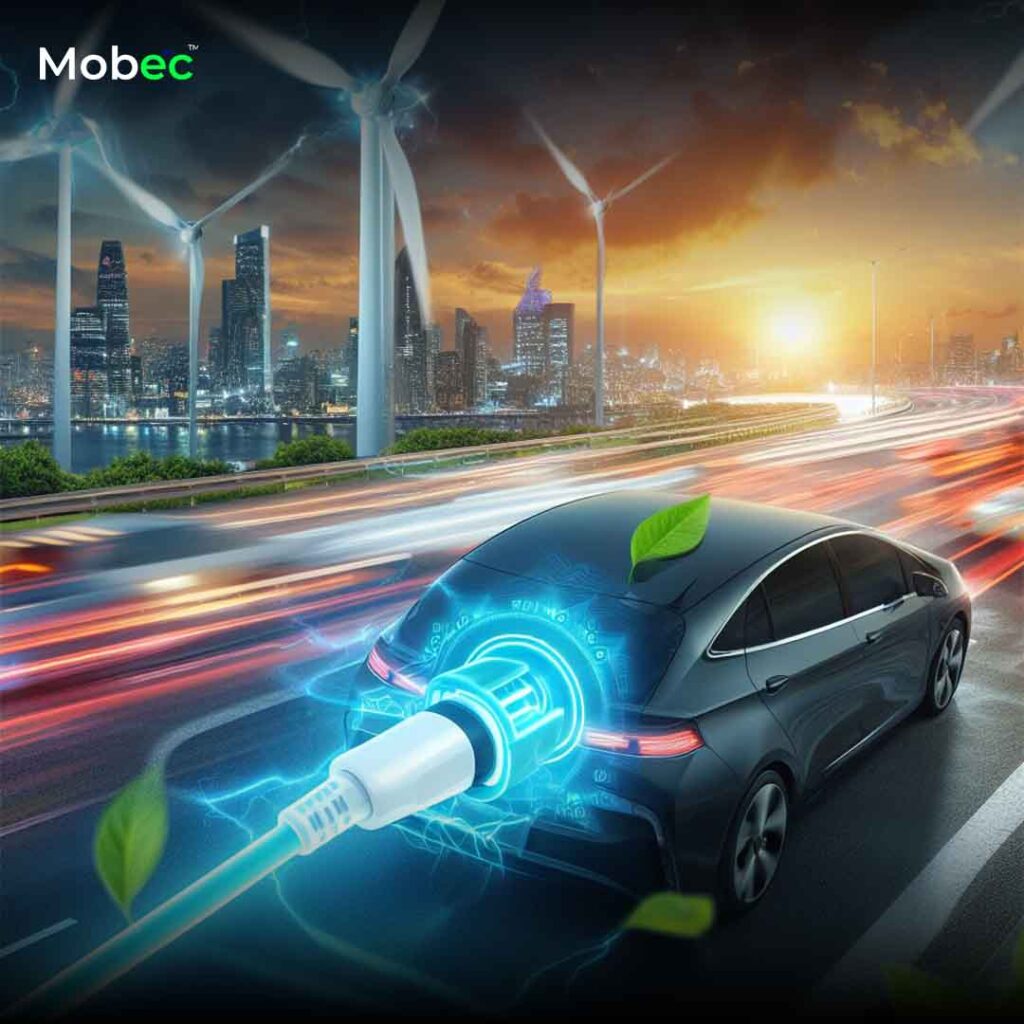
The accelerated adoption of super fast charging technology has accelerated the transition to sustainable transportation and reinforced the commitment of governments, businesses, and communities to prioritizing environmental stewardship and reducing carbon emissions. By facilitating the seamless integration of electric vehicles into the mainstream transportation network and addressing the challenges associated with charging infrastructure accessibility and charging time constraints, super fast charging stations have catalyzed a paradigm shift toward cleaner and more energy-efficient mobility solutions. The accessibility of super fast charging facilities in urban centers, suburban areas, and rural communities has democratized the adoption of electric vehicles, making sustainable transportation options more accessible and appealing to a broader demographic of consumers, businesses, and public institutions.
Fostering Technological Innovation and Advancements
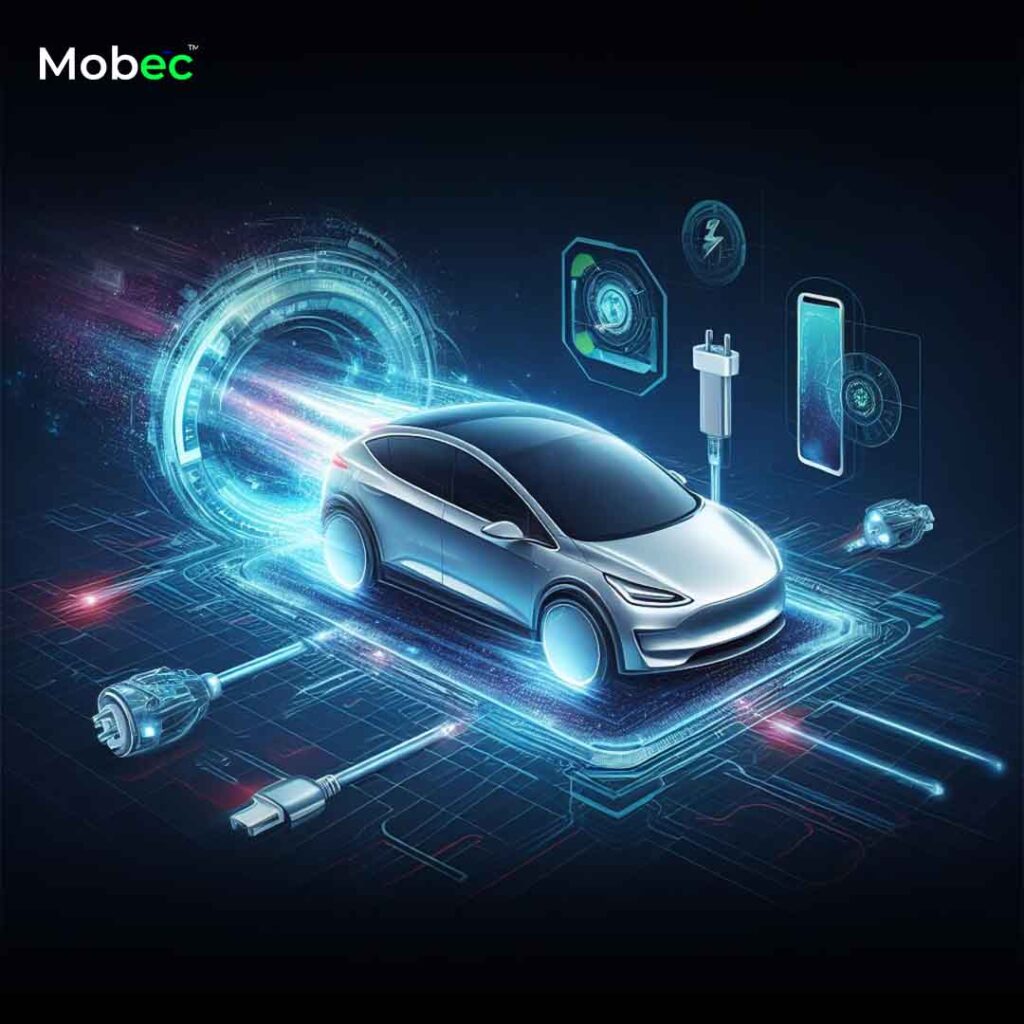
The widespread implementation of super fast charging technology has fostered a culture of technological innovation and advancements within the electric vehicle industry, driving continuous research and development efforts aimed at enhancing charging efficiency, optimizing battery performance, and improving overall electric vehicle capabilities. The pursuit of technological innovation in super fast charging has led to the exploration of cutting-edge charging solutions, such as ultra-rapid charging protocols, high-power charging infrastructure, and smart charging networks, that offer enhanced charging speeds, improved energy transfer efficiency, and seamless integration with renewable energy sources. The collaborative endeavors of industry stakeholders, including automakers, charging network providers, and technology developers, have propelled the evolution of super fast charging technology and paved the way for the realization of more sustainable, efficient, and intelligent electric vehicle charging solutions that can meet the evolving needs of the global transportation landscape.
Empowering Energy Grid Resilience and Flexibility

Super fast charging technology has emerged as a catalyst for empowering energy grid resilience and flexibility, enabling the efficient integration of electric vehicles into the existing energy infrastructure and supporting the transition to a more dynamic and sustainable energy ecosystem. Through the implementation of smart charging solutions, demand-response mechanisms, and grid-connected charging networks, super fast charging stations have the capacity to balance the fluctuating energy demands of electric vehicles and optimize the utilization of renewable energy resources, such as solar power, wind energy, and grid-scale energy storage systems. The seamless integration of electric vehicle charging with the broader energy grid infrastructure not only promotes energy grid stability and reliability but also fosters the development of a more resilient and adaptive energy distribution network that can accommodate the growing demands of electric vehicle charging without compromising the overall sustainability and efficiency of the energy supply.
Challenges and Considerations for Super Fast Charging
While the future potential of super fast charging technology is promising, its widespread adoption and implementation are accompanied by various challenges and considerations that require careful planning, strategic investment, and collaborative efforts from industry stakeholders, policymakers, and regulatory authorities. Some of the key challenges and considerations associated with the deployment of super fast charging infrastructure include:
- Infrastructure Investment and Scalability: The establishment of a comprehensive network of super fast charging stations necessitates substantial infrastructure investment, long-term planning, and scalable deployment strategies to accommodate the growing demand for electric vehicle charging services and support the increasing adoption of electric vehicles across diverse geographical regions and urban settings.
- Grid Capacity and Energy Management: The integration of super fast charging stations into the existing energy grid infrastructure requires careful consideration of grid capacity constraints, energy management protocols, and load-balancing mechanisms to prevent grid overloads, mitigate energy supply fluctuations, and ensure the sustainable operation of super fast charging facilities without compromising the overall stability and reliability of the energy distribution network.
- Battery Technology and Performance Optimization: The optimization of battery technology and performance parameters is essential for maximizing the efficiency, durability, and longevity of electric vehicle batteries during super fast charging cycles. Research and development initiatives focused on enhancing battery chemistry, thermal management systems, and fast-charging compatibility are essential for minimizing the potential risks of battery degradation, overheating, and capacity loss associated with rapid charging processes.
- Standardization and Interoperability: The establishment of standardized charging protocols, interoperable charging interfaces, and universal charging standards is critical for promoting cross-platform compatibility, ensuring seamless interoperability between different electric vehicle models and charging station networks, and eliminating potential barriers to the widespread adoption of super fast charging technology across diverse electric vehicle ecosystems.
- Environmental Sustainability and Lifecycle Analysis: The assessment of environmental sustainability and lifecycle analysis of super fast charging infrastructure is imperative for evaluating the overall environmental footprint, carbon emissions impact, and sustainability implications associated with the manufacturing, deployment, and operation of super fast charging facilities, as well as the end-of-life management and recycling processes of electric vehicle batteries and charging equipment.
Strategies for Overcoming Challenges and Maximizing the Potential of Super Fast Charging
To overcome the challenges associated with the deployment and utilization of super fast charging technology and maximize its potential within the electric vehicle industry, it is essential to adopt a holistic approach that encompasses strategic planning, collaborative partnerships, and sustainable business models. Some of the key strategies for overcoming challenges and maximizing the potential of super fast charging include:
- Collaborative Industry Partnerships: Foster collaborative partnerships between automotive manufacturers, charging infrastructure providers, energy companies, and technology developers to promote cross-sectoral collaboration, knowledge sharing, and innovation in super fast charging technology, infrastructure deployment, and sustainable energy management solutions.
- Investment in Research and Development: Allocate resources and funding for research and development initiatives focused on advancing battery technology, charging infrastructure innovation, and energy grid optimization to drive continuous improvements in super fast charging efficiency, performance reliability, and environmental sustainability within the electric vehicle industry.
- Regulatory Support and Policy Frameworks: Advocate for the development of supportive regulatory frameworks, incentive programs, and policy initiatives that encourage the expansion of super fast charging infrastructure, incentivize sustainable transportation practices, and facilitate the integration of electric vehicles into the broader energy ecosystem to promote the transition to a more sustainable and resilient transportation infrastructure.
- Public Awareness and Education: Raise public awareness, promote consumer education, and engage in outreach initiatives to inform and educate consumers, businesses, and communities about the benefits, capabilities, and implications of super fast charging technology, fostering a culture of environmental stewardship, energy conservation, and sustainable transportation practices within society.
- Sustainable Business Models and Circular Economy Practices: Adopt sustainable business models, integrate circular economy principles, and prioritize lifecycle analysis and environmental sustainability practices to minimize the environmental impact of super fast charging infrastructure, promote resource efficiency, and facilitate the responsible management and recycling of electric vehicle batteries and charging equipment throughout their lifecycle.
The Future Landscape of Super Fast Charging and Sustainable Mobility
The future landscape of super fast charging and sustainable mobility is poised to witness significant advancements, transformative innovations, and paradigm shifts that will redefine the way we perceive and engage with electric vehicles, charging infrastructure, and energy management solutions. As the global transportation industry continues to prioritize sustainability, invest in renewable energy sources, and embrace technological breakthroughs, the integration of super fast charging technology into the mainstream electric vehicle ecosystem will play a central role in driving the transition to a cleaner, greener, and more efficient transportation infrastructure that is capable of meeting the evolving needs of a rapidly changing world.
From the development of ultra-rapid charging networks and next-generation charging protocols to the optimization of battery technology and energy storage solutions, the future of super fast charging is characterized by a commitment to innovation, sustainability, and environmental responsibility that transcends the boundaries of traditional transportation models and paves the way for a more interconnected, resilient, and sustainable mobility ecosystem that prioritizes the well-being of both present and future generations. As we look ahead to the transformative potential and implications of super fast charging for electric vehicles, we are presented with an opportunity to embrace a future where sustainable transportation is not just a possibility but a reality that is shaping the world we live in and paving the way for a more sustainable and prosperous future for all.



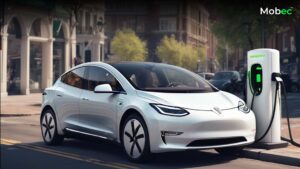








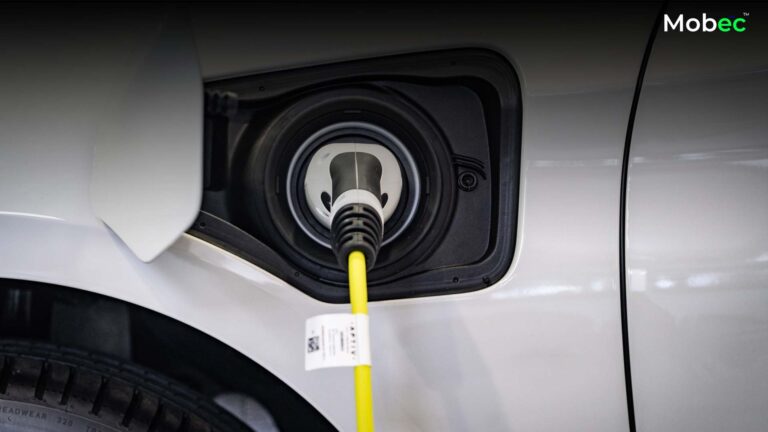
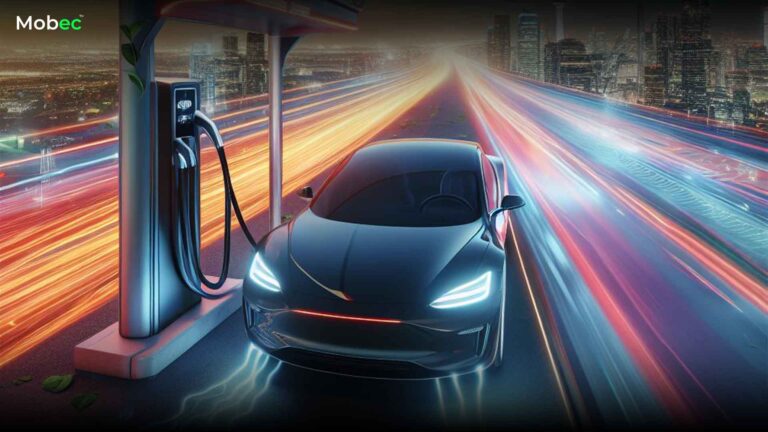







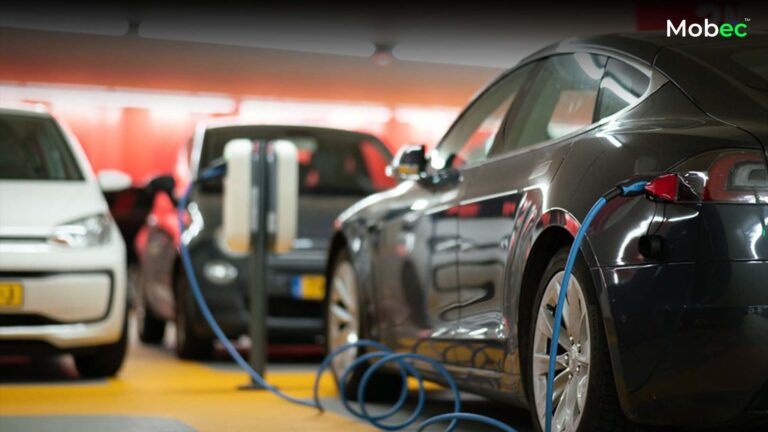
+ There are no comments
Add yours